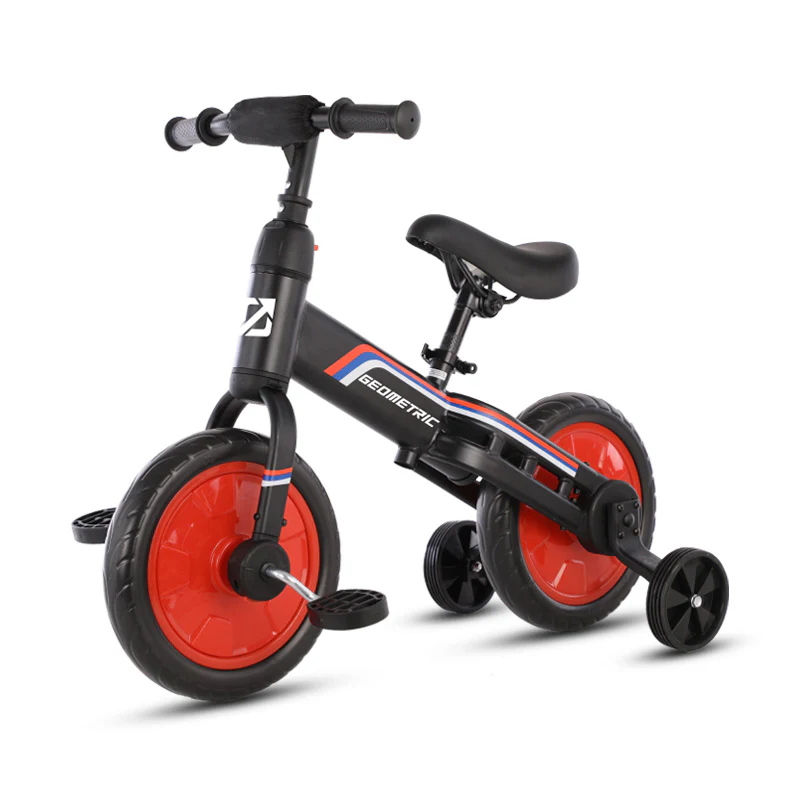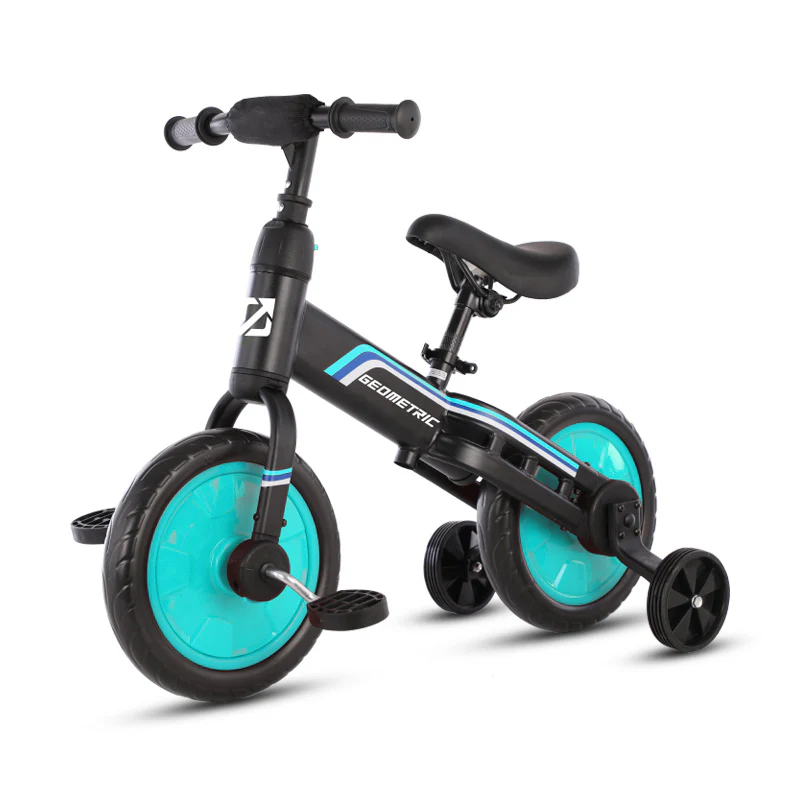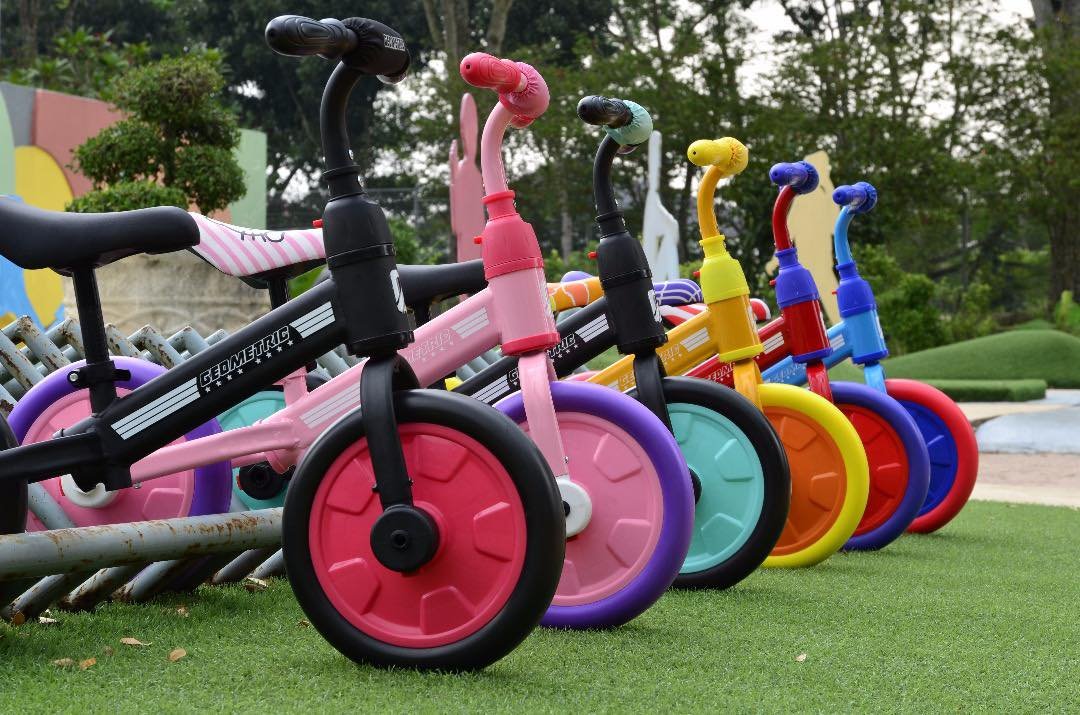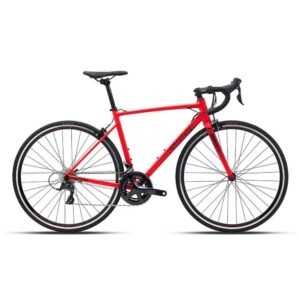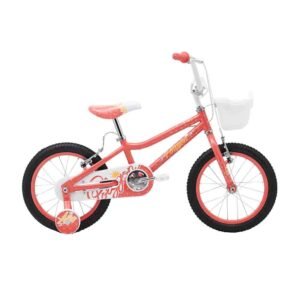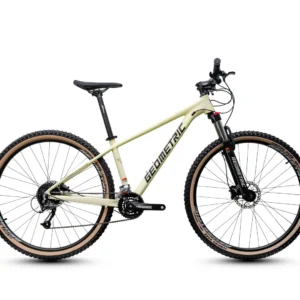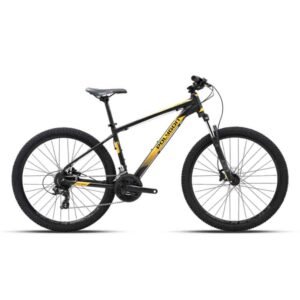Let your child grow into riding with confidence using the Geometric New 2-in-1 Children Push Bike. This convertible bike functions both as a three-wheel bike and a push (balance) bike, giving young riders an introduction to balance and coordination before transitioning fully to two wheels. Designed for children aged approximately 2 to 6 years.
Specifications & Dimensions
-
Colours: Red, Blue
-
Weight: 8.30 kg (per variant weight on listing)
-
Product Type / Mode: 2-in-1 design — can be used as a tricycle (3 wheels) or push / balance bike (remove or disable certain parts)
-
Age Range: Suitable for children aged 2 to 6 years
-
Other Features: Upright flat handlebar position
Key Features & Benefits
-
Converts between stable three-wheel mode and push / balance mode, letting your child practice balance at their own pace.
-
Colourful options (Yellow, Red, Blue) help with visibility and child appeal.
-
Lightweight build (8.3 kg) makes it manageable for parents to carry, move or load.
-
Designed to adapt with a child’s learning curve: use the less challenging three-wheel setup initially, then shift to balance mode as stability improves.
-
Ergonomic handlebar and seating geometry (upright) encourage comfortable posture for young riders.
Usage Instructions
Initial Setup & Mode Conversion
-
Unbox and assemble the bike, ensuring wheels, handlebar, seat, and all fasteners are properly installed and tightened.
-
For three-wheel (tri) mode, configure all three wheels and ensure stability.
-
To convert to push / balance mode: remove or disable certain parts (such as the front or rear stabiliser wheel, depending on design) — ensure all mechanisms are locked securely before use.
-
Confirm handlebar is straight, saddle height is adjusted appropriately, and wheels spin freely without rub.
Adjustments & Fit
-
Set the seat height so that in push mode the child’s feet can flatly touch the ground comfortably to push.
-
Ensure child can grip handlebars without overreaching; they should have a slight bend at elbows when holding grips.
-
As child grows, periodically adjust seat height and check alignment of wheels & handlebar.
Riding Tips
-
Begin riding on flat, open surfaces—pavement, grass, or concrete playgrounds.
-
Encourage short glides, allowing the child to push forward with feet and lift slightly to glide in balance mode.
-
Gradually increase distance and small slopes only once confidence and control improve.
Maintenance & Care
-
Wipe frame, wheels and parts with a damp cloth; dry thoroughly to prevent rust or corrosion.
-
Regularly inspect and tighten all bolts, nuts, and connections.
-
Lubricate wheel axles or moving pivots lightly (if applicable).
-
Check for wear or damage to wheels, frame, joints after heavy use or impacts.
-
Avoid letting the bike sit in direct sunlight or exposed to heavy rain for extended periods; store under shade or indoors.
Precautions & Safety Notes
-
Always ensure all parts (wheels, handlebars, seats, fasteners) are fully tightened before each ride. Loose parts can lead to accidents.
-
Use on safe, flat surfaces initially. Avoid steep slopes or rough, uneven terrain until the child demonstrates good balance and control.
-
Supervise children at all times when riding.
-
The child should always use a properly fitted helmet, and optionally knee and elbow pads, especially in the early learning phases.
-
If the bike is subject to a fall or collision, inspect carefully for cracks, bends, loose parts. Replace damaged components before further use.
-
Do not exceed the intended load (child weight plus little extras like small backpacks).
-
Do not attempt to modify structural parts of the frame or remove safety elements, as it may compromise stability.
